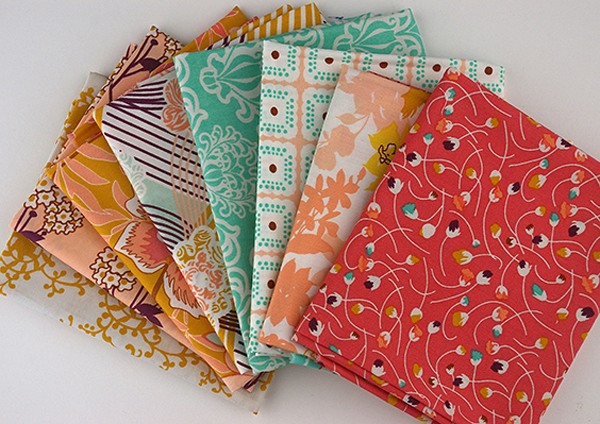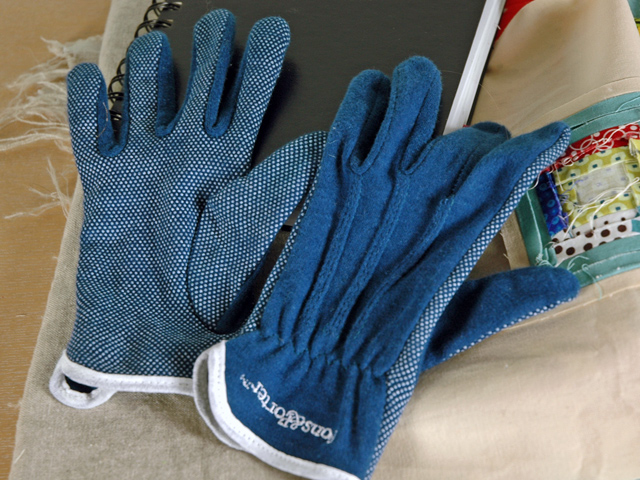FREE-MOTION EMBROIDERY & APPLIQUE WORKSHOP
Course Information
// WORKSHOP LENGTH //
6 Hours
// TOPICS COVERED //
Free-motion embroidery, applique
// OUTCOMES //
Students will use learned techniques to complete a free-motion artwork of their own and turn it into cushion cover.
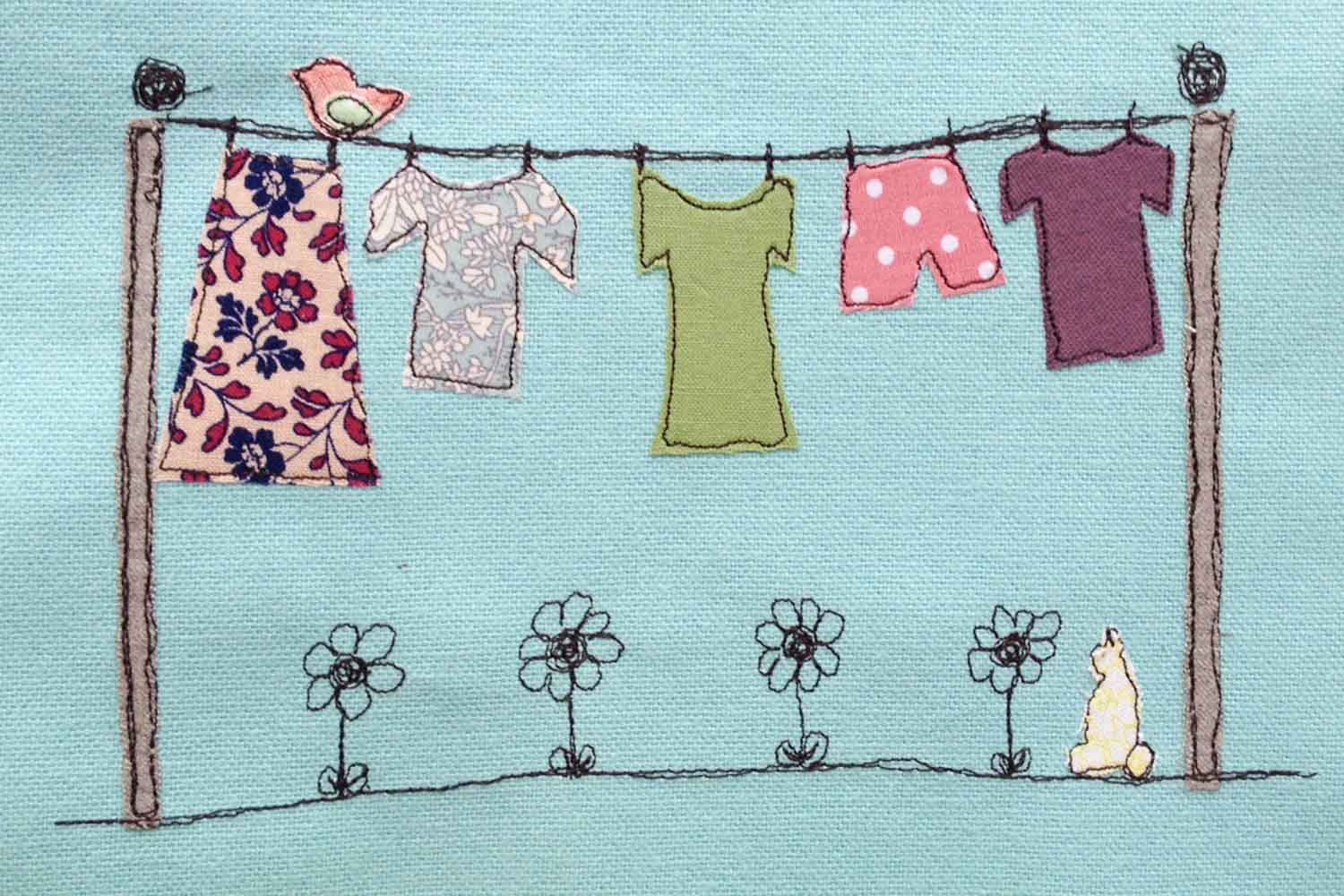
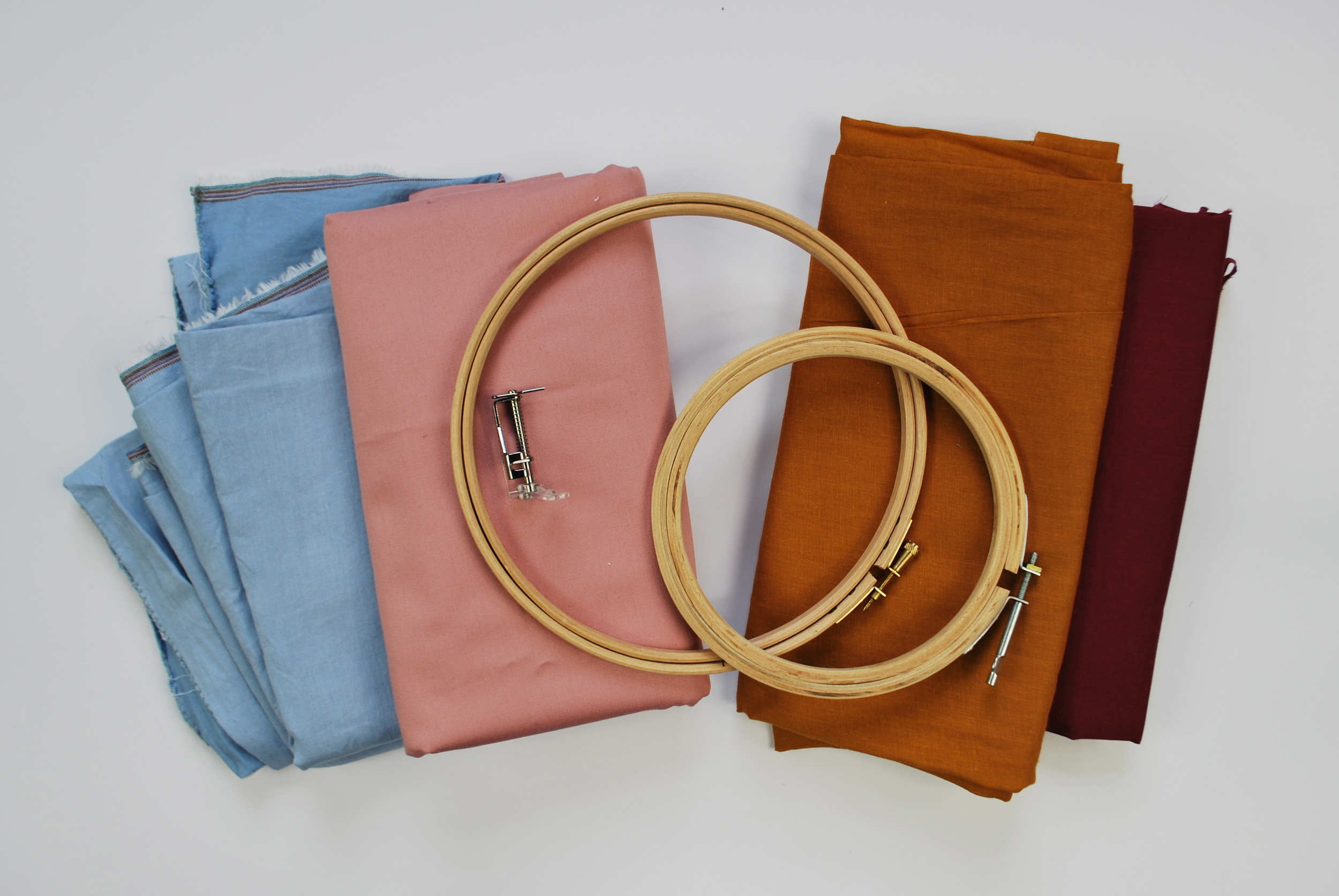
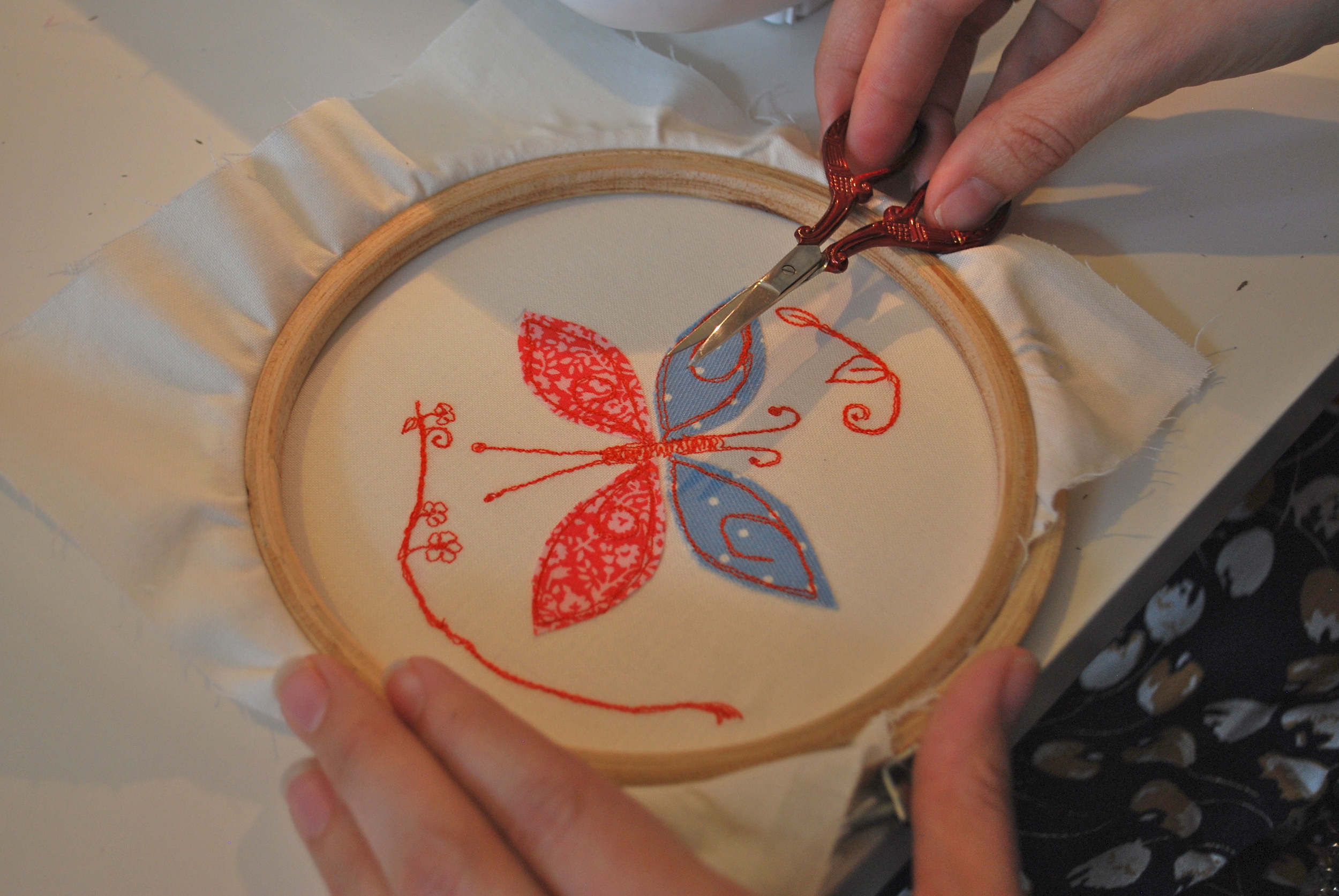

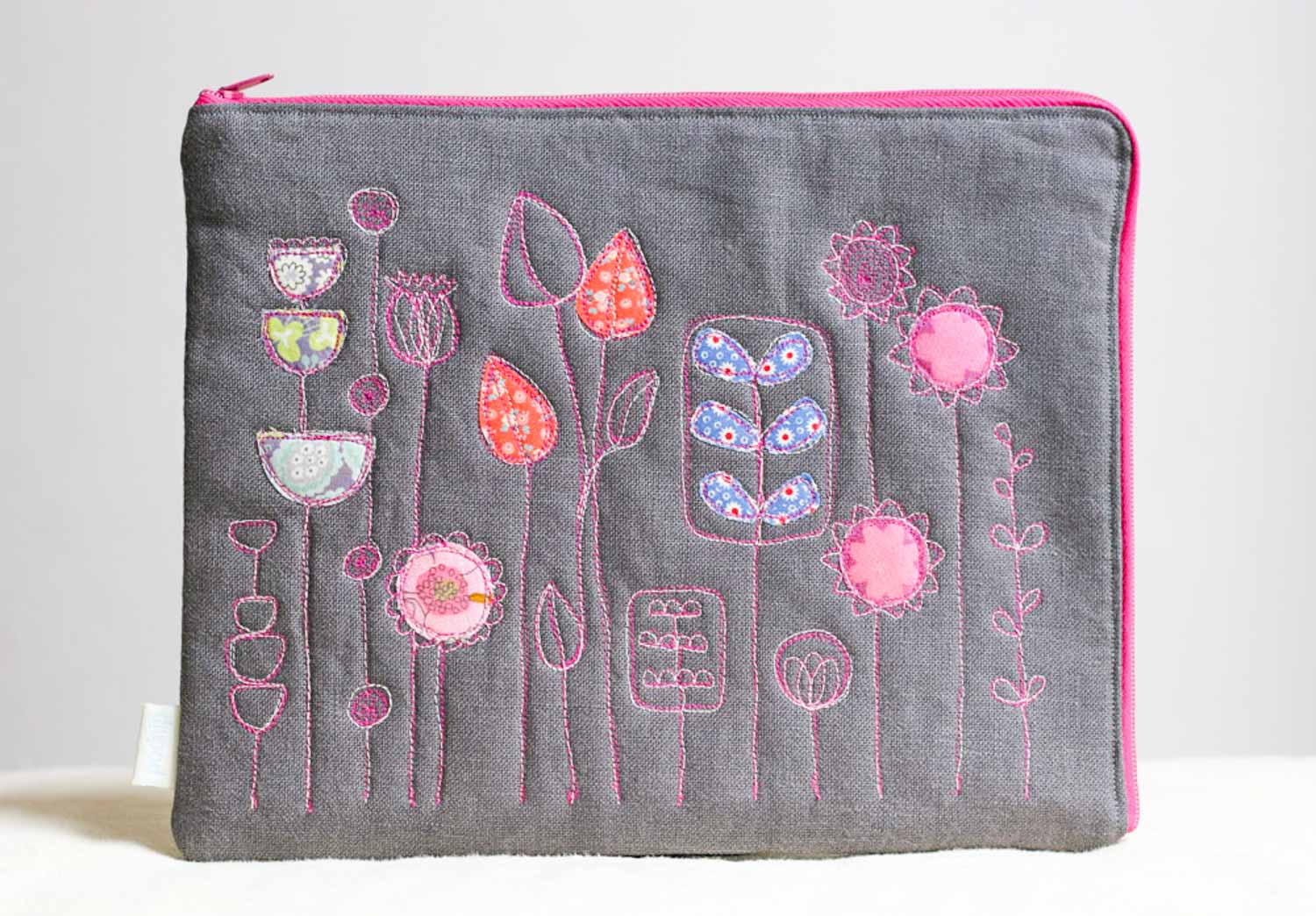
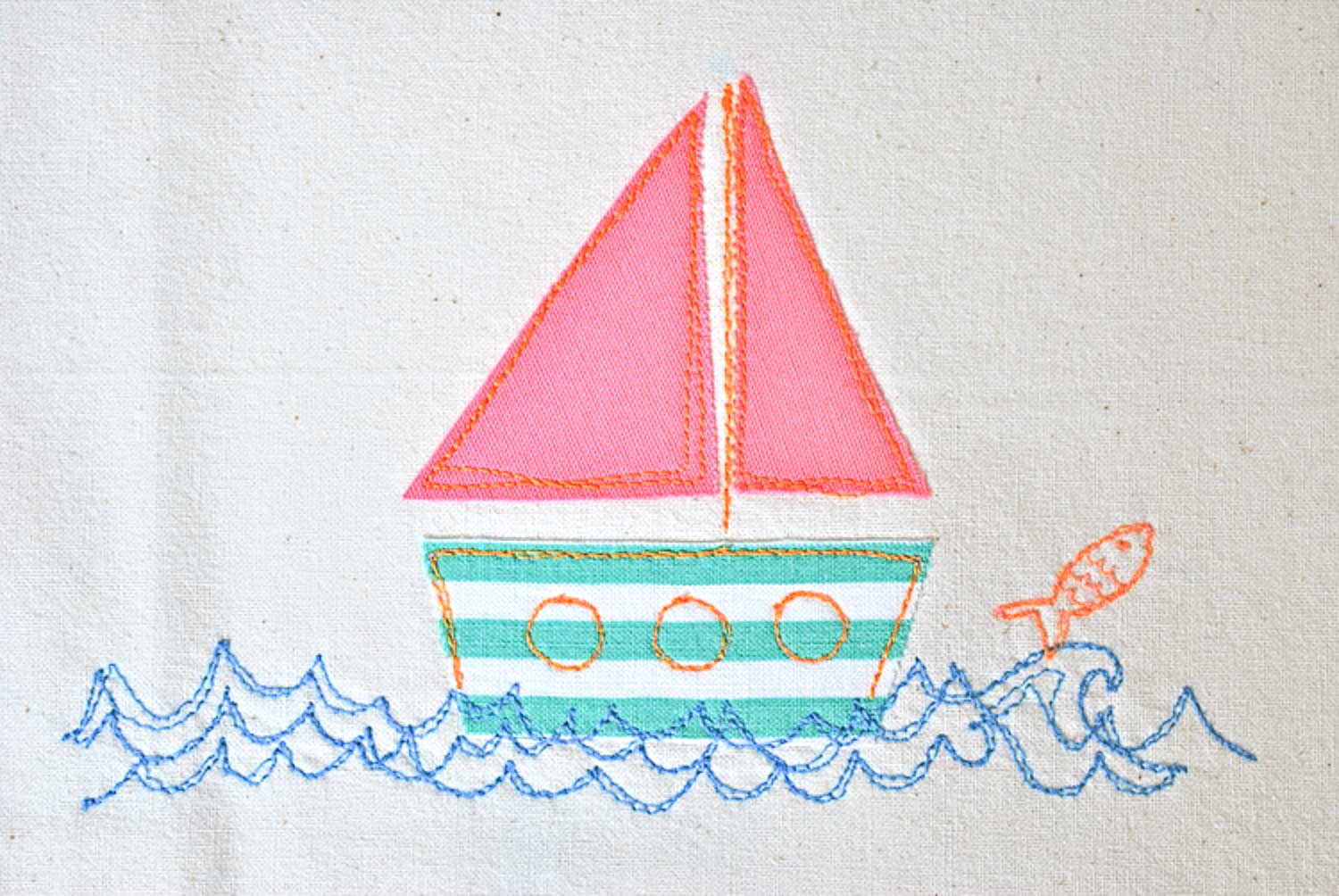
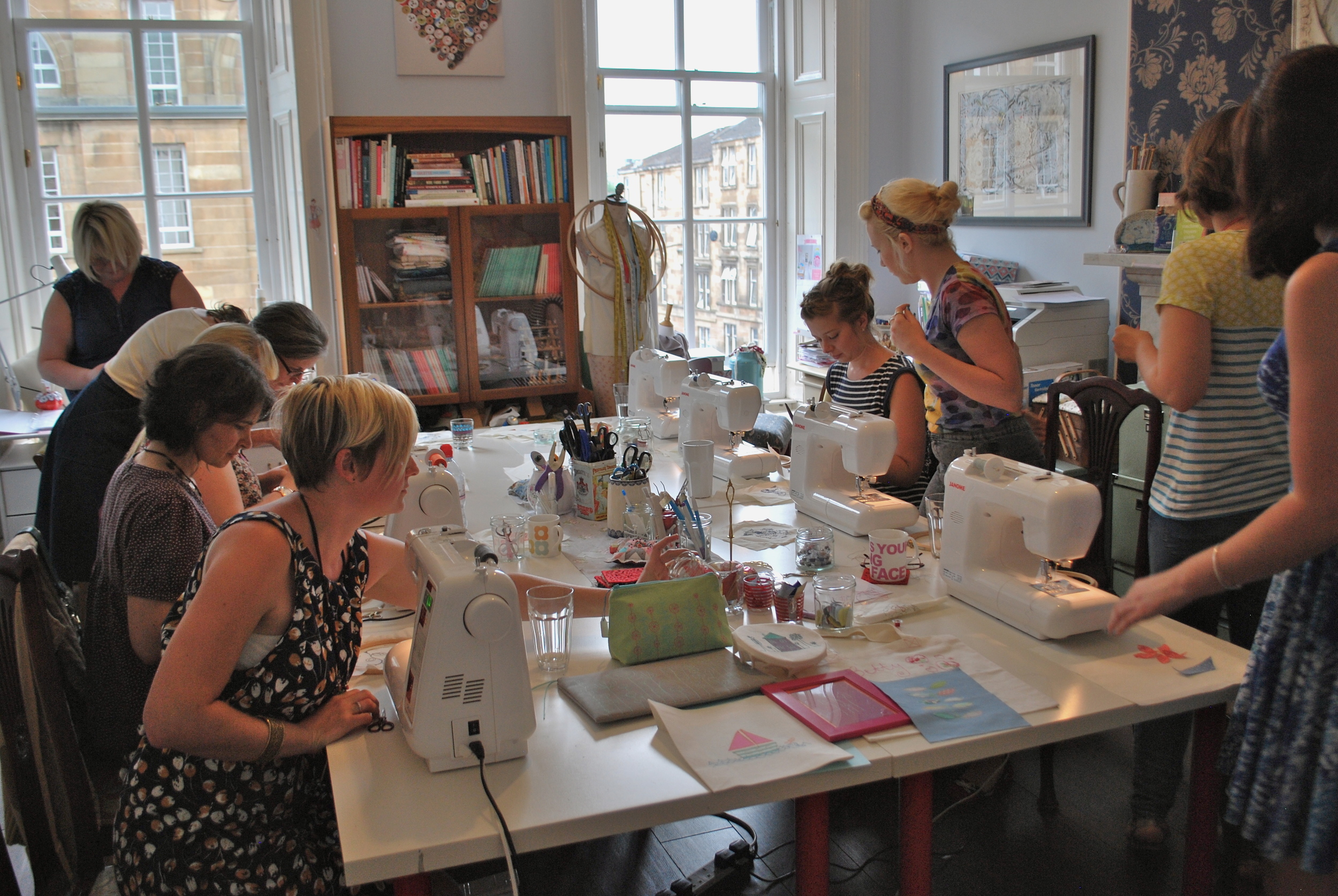
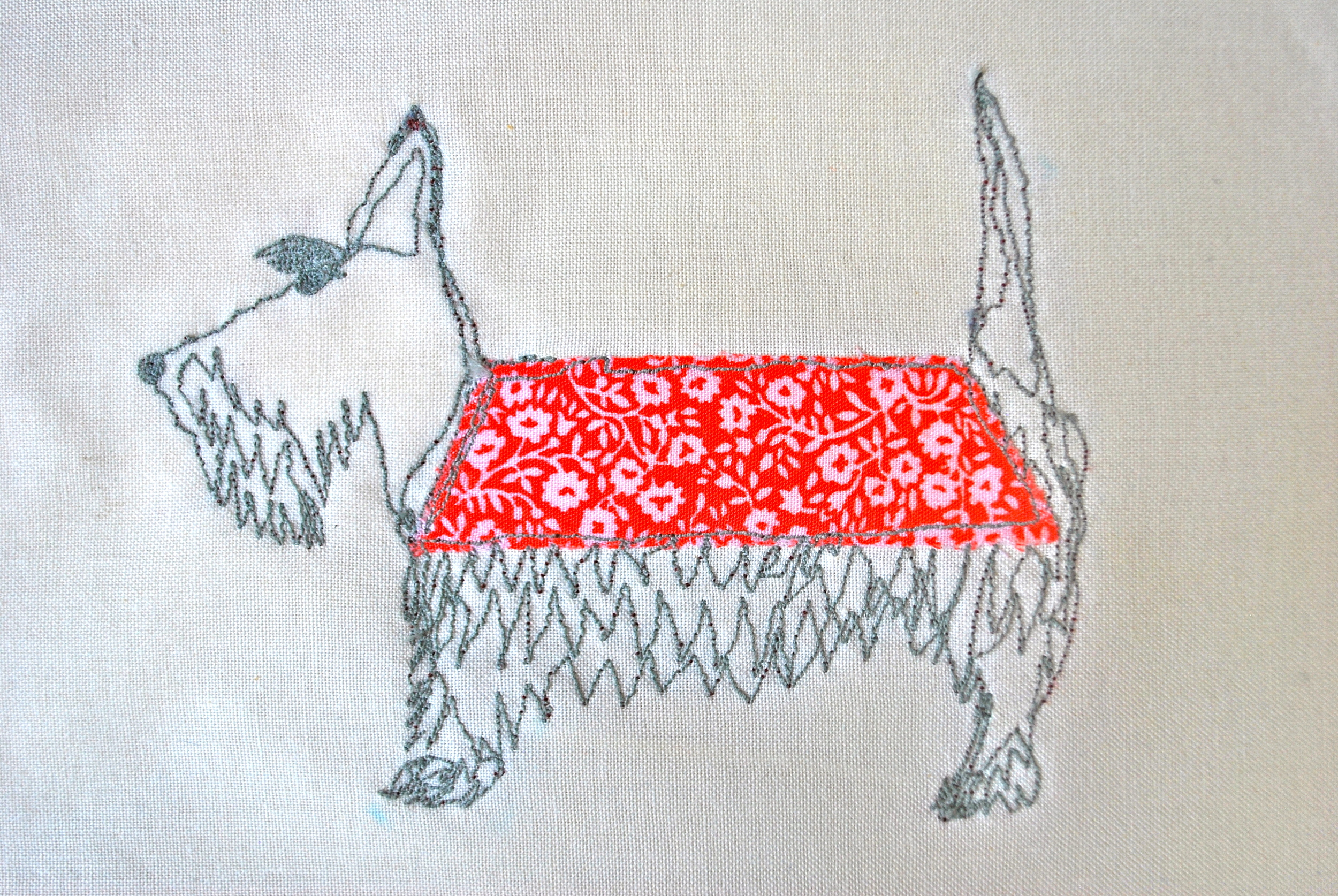
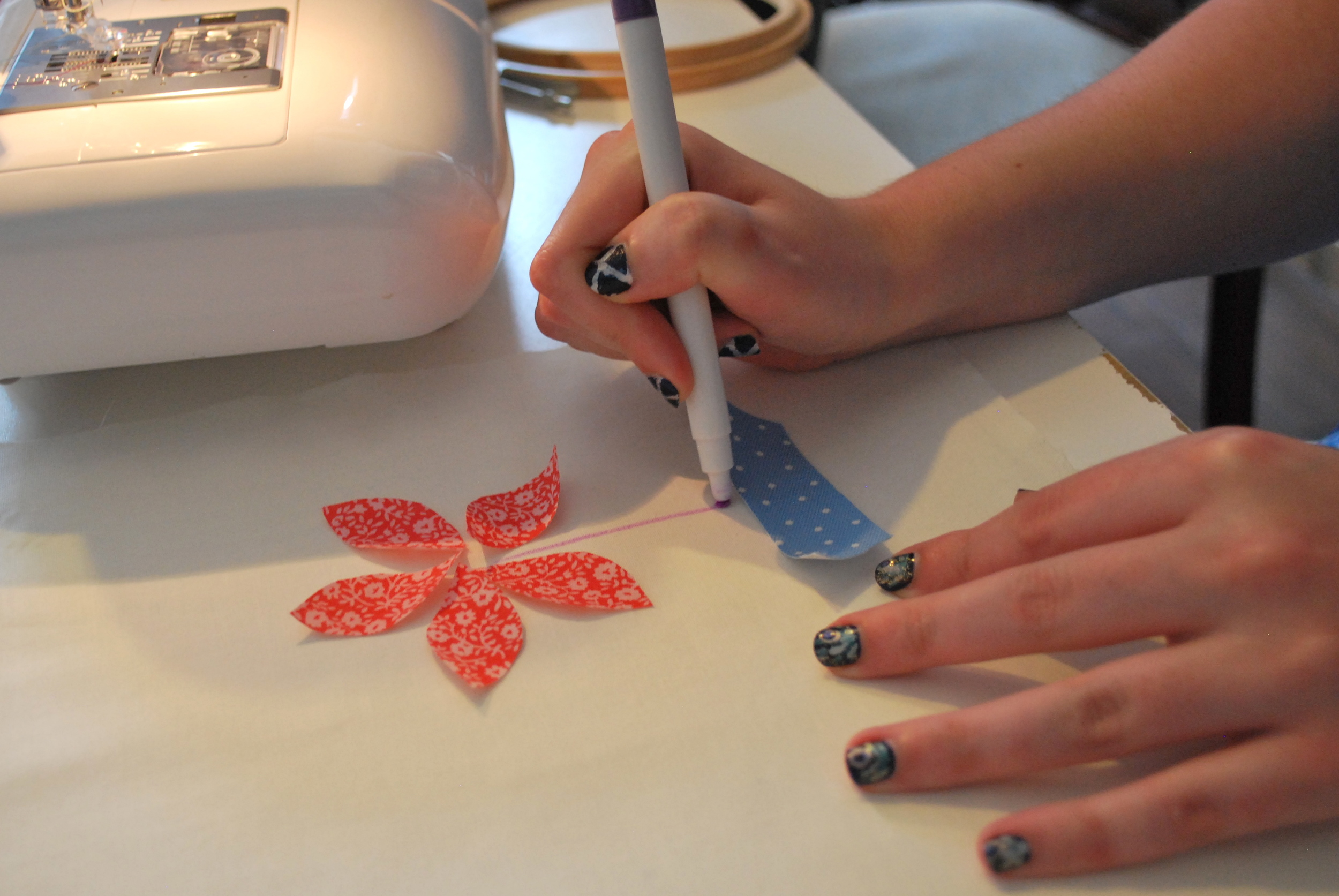
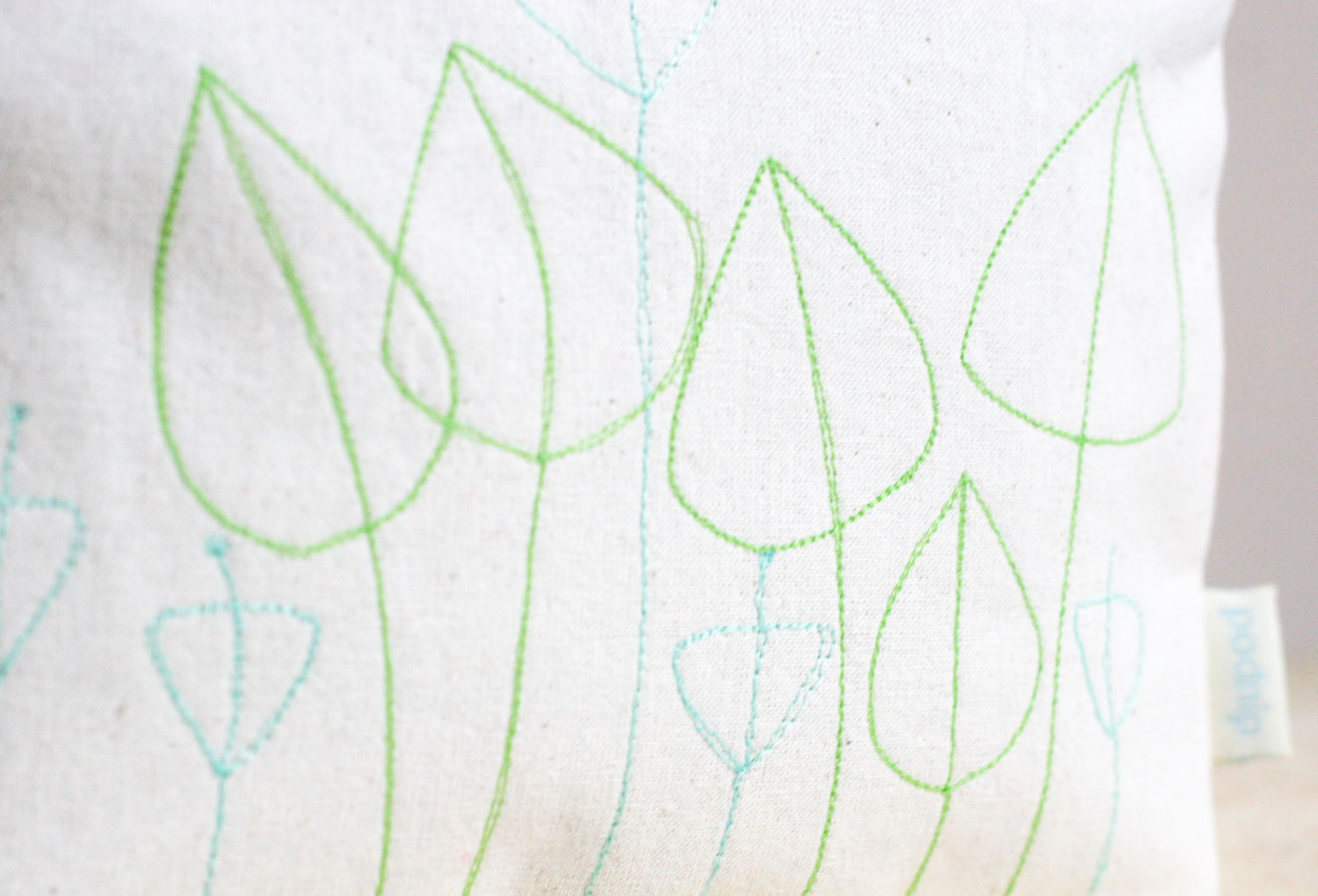
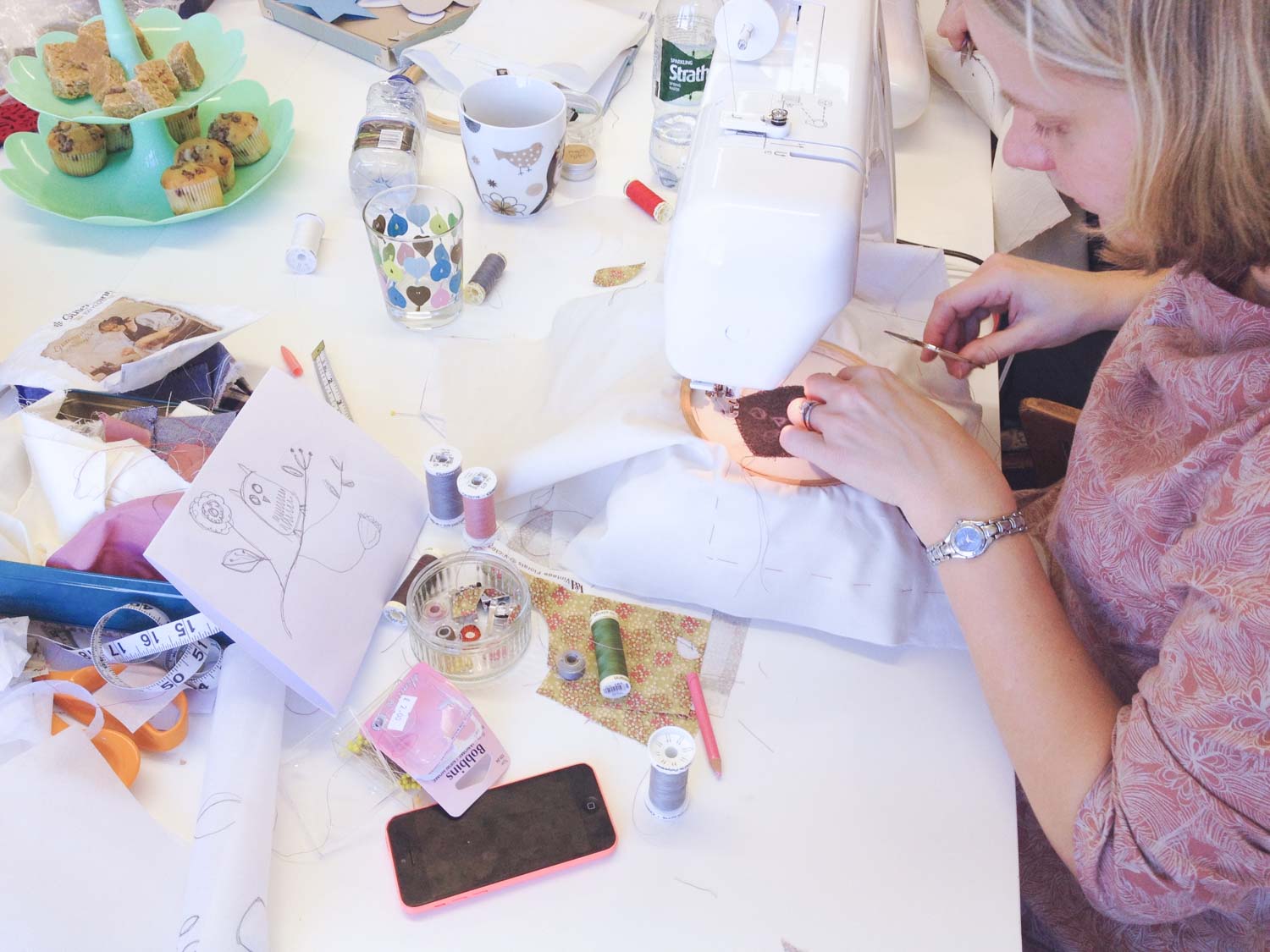

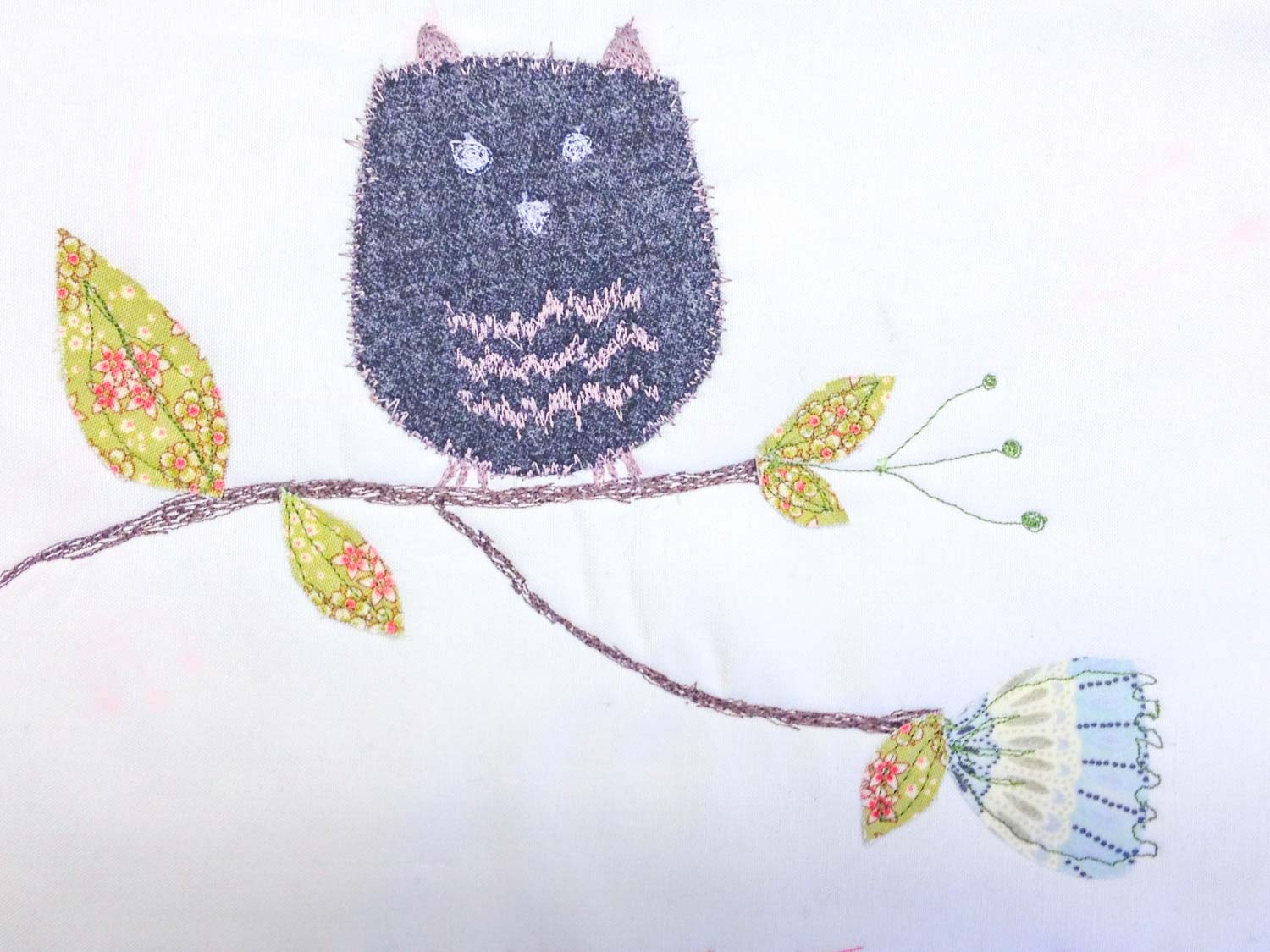

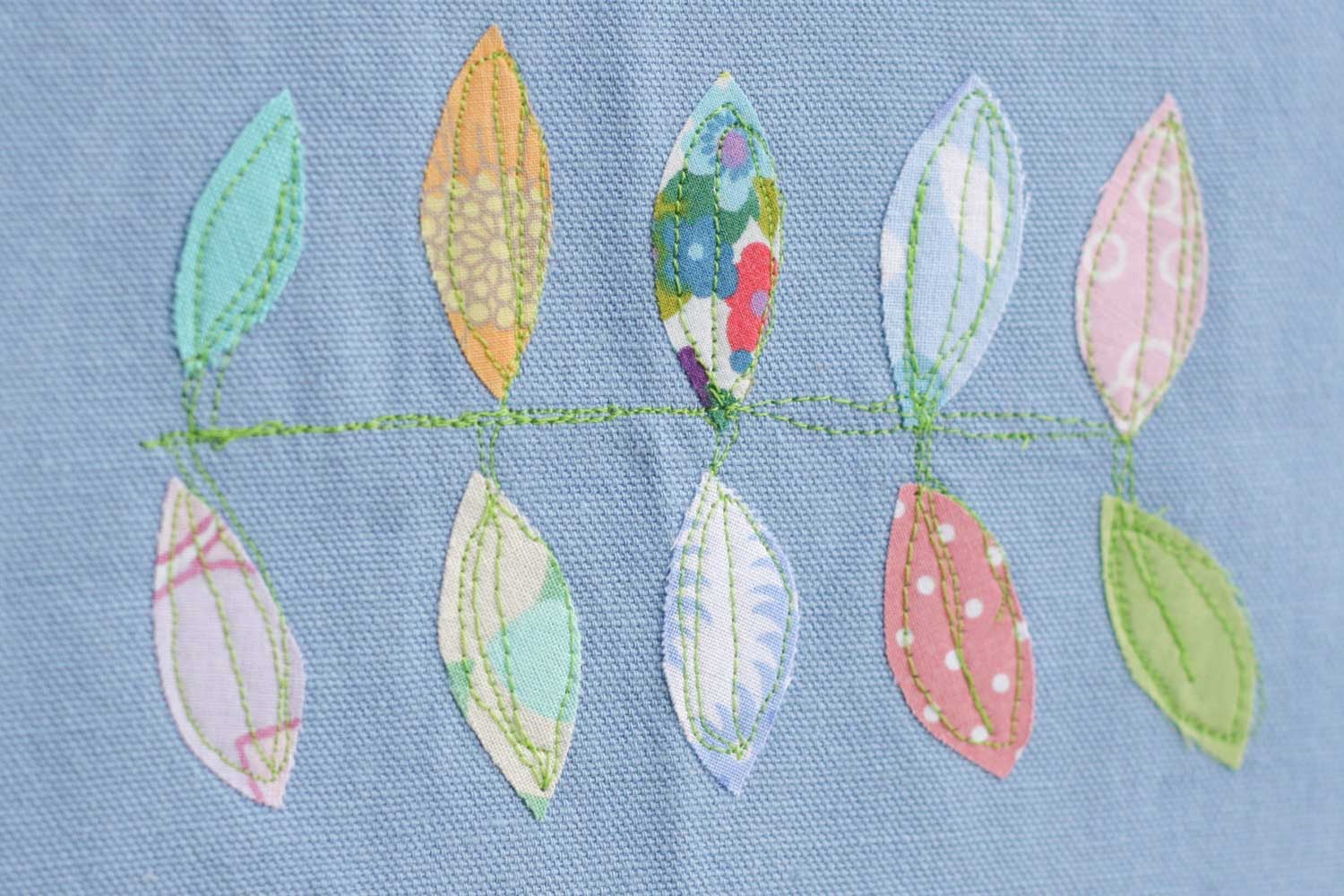
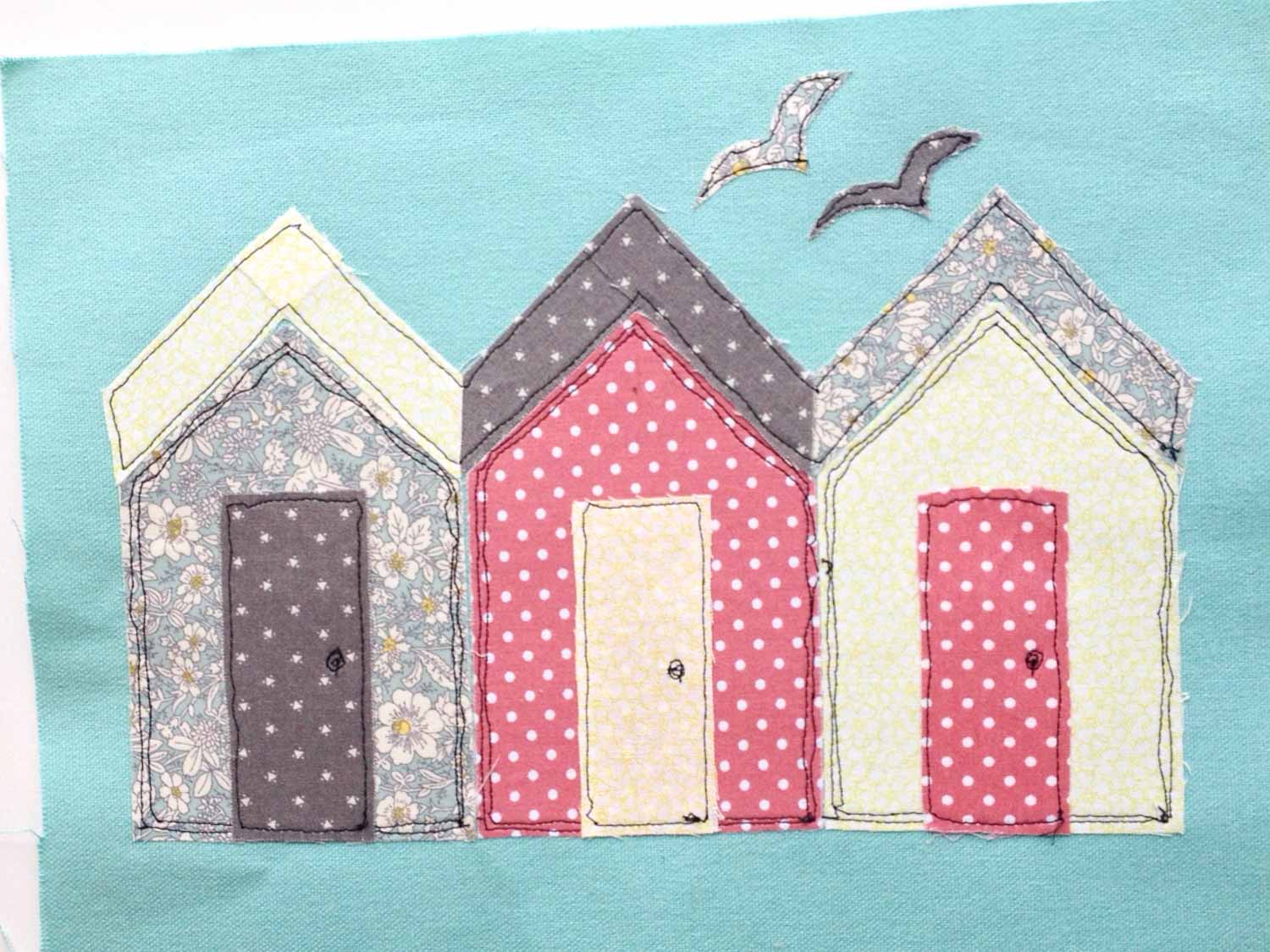
What Do I Need to Bring?
For the Free-motion Embroidery & Applique Workshop you will need:
- A basic sewing kit
- Fabric - 1 metre of a 'base fabric' and some scraps
- Thread - Contrasting with your fabric
We've given you a fuller explanation of these supplies below.
Do I Need To Bring a Sewing Machine?
No, but you are welcome to if you wish. We have a Janome CXL301 sewing machine available for each student to use. We also sell a range of Janome machines, and offer discounts on these to our students.
If you're planning on bringing your own machine, please contact us and let us know the make and model.
How Do I Pay My Balance?
If you booked your place with a deposit, you're balance is due no less than 14 days before your course begins. For instructions on how to pay please visit our balance payments page.
If you're thinking of cancelling your booking, for any reason, please let us know as soon as possible, so that we can offer your place to someone on the waiting list. And don't forget to have a look at our Cancellations & Refunds Policy on the FAQs page before doing this. Thanks.
The Basic Sewing Kit
For this course you'll need a basic sewing kit. You can buy all the items separately or, alternatively, find a ready made kit that includes the essentials, such as this one from IKEA costing just £10.
If you're purchasing kit items separately, we've listed some essentials below. You can read more about these in our blog post and we'll be going over them during class.
- Fabric scissors
- Seam ripper (you can use embroidery scissors if the tip is sharp)
- Dressmaking pins
- Hand sewing needles
- Thread (Gutermann Sew-all thread recommended) - we sell black and white at the studio
- Tape measure (not the kind Tradesmen use!)
- Sewing gauge
- Bobbins (Janome compatible, sold at The Stitchery)
- Temporary markers - this could be tailor's chalk, fade or wash-away pen, or tracing paper & wheel.
Fabrics & Haberdashery
For this workshop you'll need at least two different fabrics:
- Base Fabric - 1 metre of a solid colour, medium to heavy weight cottons or upholstery fabric.
- Fabric Scraps - At least one colour or print that's different from your base fabric. Small, scrap size pieces are great.
// BASE FABRIC //
Your Base Fabric will form the the 'background' to your embroidery, so choose an appropriate colour. If you're not entirely sure where to look in the fabric shop, ask someone to show you the 'quilting cottons'. These are a suitable medium-weight for free-motion work.
Your 1 metre of base fabric will be enough to cut out a couple of panels for a cushion cover, or alternatively make a couple of artworks.
// FABRIC SCRAPS //
If you're an experienced sewer you're likely to have a few scraps of fabrics lying around. And if you're not, see it as an opportunity to do something useful with that old shirt that's been gathering dust for the past few years!
Another option would be to purchase one or two FAT QUARTERS. These are usually quilting cottons and come in pre-cut rectangles of 18" x 21". Fabrics shops will sell them individually or in packs, known as 'jelly rolls'.
Fat Quarters from the Summerlove Collection by Pat Bravo
// MACHINE QUILTING GLOVES //
These are definitely not an essential for this one-day workshop, but a useful investment if you're thinking of taking up more free-motion embroidery.
The the PVC dots on these gloves give you more grip on the fabric as you move it around, helping to reduce fatigue in your hands and wrists. Especially useful for large projects!
Our resident free-motion expert, Susie Haigh, recommends these ones.
Plain 100% cotton fabrics, embroidery hoops and a free-motion sewing machine foot (otherwise known as a 'darning foot'). Just some of the things you'll use in this workshop.
// THREADS //
For the best results in free-motion embroidery, contrasting threads are recommended. That's a thread colour that stands out from your fabric. Black usually works well, and if you want to play around a bit, bring a couple of colours too! Note that we sell black and white thread at the studio.
Although the all-in-one kits mentioned above do include some basic threads, these tend to be a little flimsy and can create unwanted fluff. For general sewing projects we recommend Gutermann Polyester Sew-all thread or an equivalent product.
// SHOPPING FOR FABRICS //
Please feel free to pick up your fabric from wherever you like, but we do have some recommendations:
- Mandors Fabric Shop, Glasgow
- Remnant Kings, Glasgow
- John Lewis Fabric Department, Glasgow
- Online at The Village Haberdashery or M is For Make.
// PRE-WASHING FABRIC //
It's always a good idea to pre-wash your fabric, either by hand or machine, before coming to use it. This means you will be able to wash your finished project without fear of it shrinking!
Machine quilting gloves



